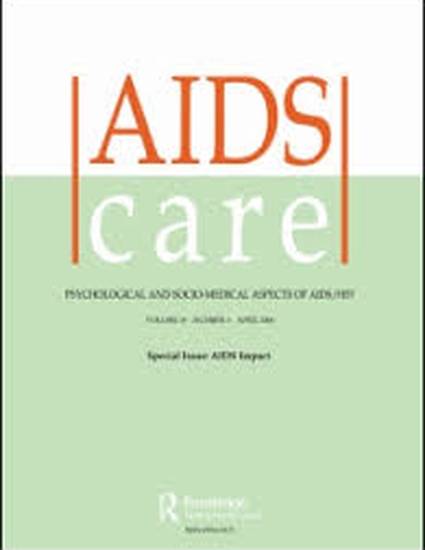
While the number of older adults living with HIV/AIDS has increased substantially in recent years, research on HIV disclosure among this population is extremely limited. Studies on disclosure have typically not recruited older persons or have excluded age as a variable in the analysis. This study reports qualitative data from 25 in-depth interviews with older adults living with HIV disease. The ages ranged from 50-72 (mean 56.1; SD = 5.75). The interviews resulted in a model of disclosure patterns consisting of seven themes including protective silence, anticipatory disclosure, violations of confidentiality, unintentional disclosure and intentional disclosure. Approximately one quarter of informants had the confidentiality of their HIV status violated by others. Reasons for disclosure and non-disclosure given by older persons were similar to research among younger persons. Older individuals who intentionally disclosed their status to the broader society held generativity and the education of others (particularly younger adults) as important reasons for their actions.
Available at: http://works.bepress.com/charles_emlet/46/
